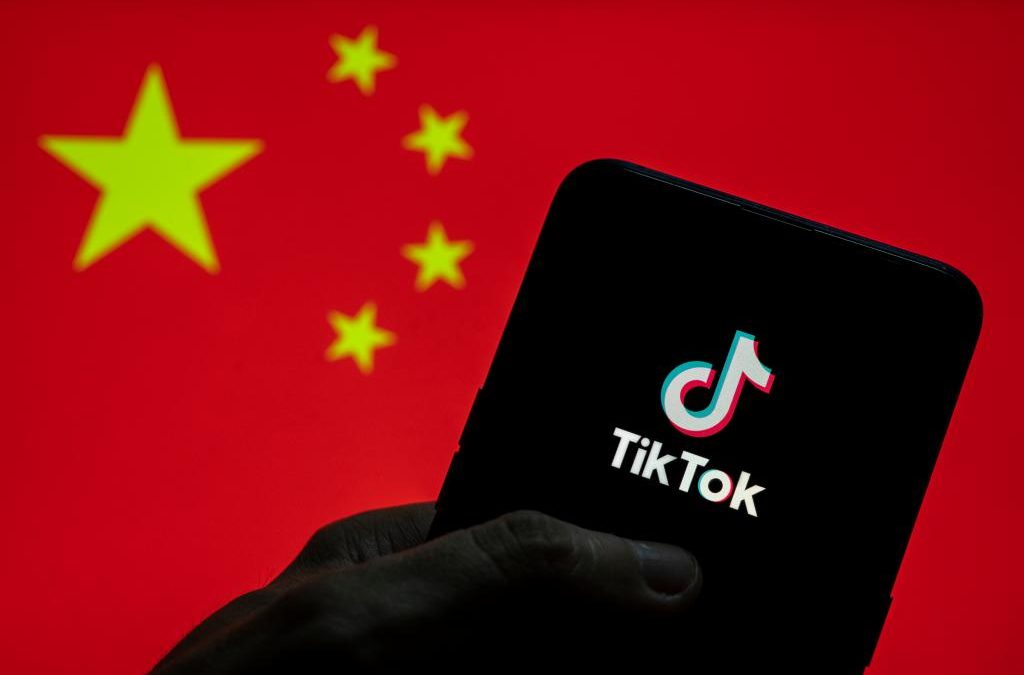The Chinese Communist Party “maintained supreme access” to all data held by TikTok parent ByteDance, including information stored in the US, a former top executive at the company alleged in a bombshell lawsuit in California state court.
Yintao “Roger” Yu, the former head of engineering for ByteDance’s US operations, alleged he was fired from his gig after raising alarms about the company’s actions to his superiors.
He asserted that ByteDance leadership knew that a special committee within the Chinese government had a “backdoor channel” to access US user data – despite the company’s repeated denials that such a relationship existed, according to a copy of the lawsuit obtained by Bloomberg.
Yu also alleged that ByteDance has engaged in an effort to spread propaganda that backed the Chinese Communist Party’s views on TikTok, which has more than 150 million users in the US.
“The Committee maintained supreme access to all the company data, even data stored in the United States,” alleges the lawsuit, filed Friday. “After receiving criticism about access from abroad, individual engineers in China were restricted from accessing U.S. user data, but the Committee continued to have access.”
The damning allegations surfaced as TikTok scrambles to avoid a total ban in the US. Lawmakers from both sides of the political aisle have called for the app to be blocked due to an array of concerns, including its impact on underage users and national security risks.
Yu also stated in the lawsuit that he was “struck by the misdirection” of TikTok CEO Shou Zi Chew, who repeatedly downplayed the company’s connections to the Chinese government during combative testimony on Capitol Hill in March.
Chew denied that the Chinese government could access US user data and touted the company’s efforts to assuage privacy concerns, including its move to store information stateside on servers maintained by Oracle.

Yu, a California resident who was hired by ByteDance in 2017, further alleged that ByteDance engaged in “brazenly unlawful conduct,” including stealing video content from rival social platforms Instagram and Snapchat and using fake users to boost engagement metrics across its platforms, according to the complaint.
“These actions were taken without the permission of the content creators and represented an unlawful effort to gain an edge against entrenched online video hosting websites,” the lawsuit said.
The suit described ByteDance’s actions as a “worldwide scheme (including in California) to steal and profit from the copyrighted works of others.”

ByteDance said Yu’s allegations were “baseless” and vowed to fight the lawsuit.
“ByteDance is committed to respecting the intellectual property of other companies, and we acquire data in accordance with industry practices and our global policy,” a ByteDance spokesperson told Bloomberg.
ByteDance asserted that Yu only had a “brief” stint at the company, which lasted less than a year, and that “he worked on an app called Flipagram, which was discontinued years ago for business reasons.”

TikTok and ByteDance did not immediately return The Post’s requests for comment.
Yu, who was fired in 2018, is seeking damages, including lost pay and stock options, as well as a court order barring ByteDance from taking social media content from other platforms.
In March, the Biden administration reportedly warned ByteDance executives that TikTok would be banned unless the China-based parent sold its stakes. China fired back, stating that it would “firmly oppose” any forced sale.
Source




